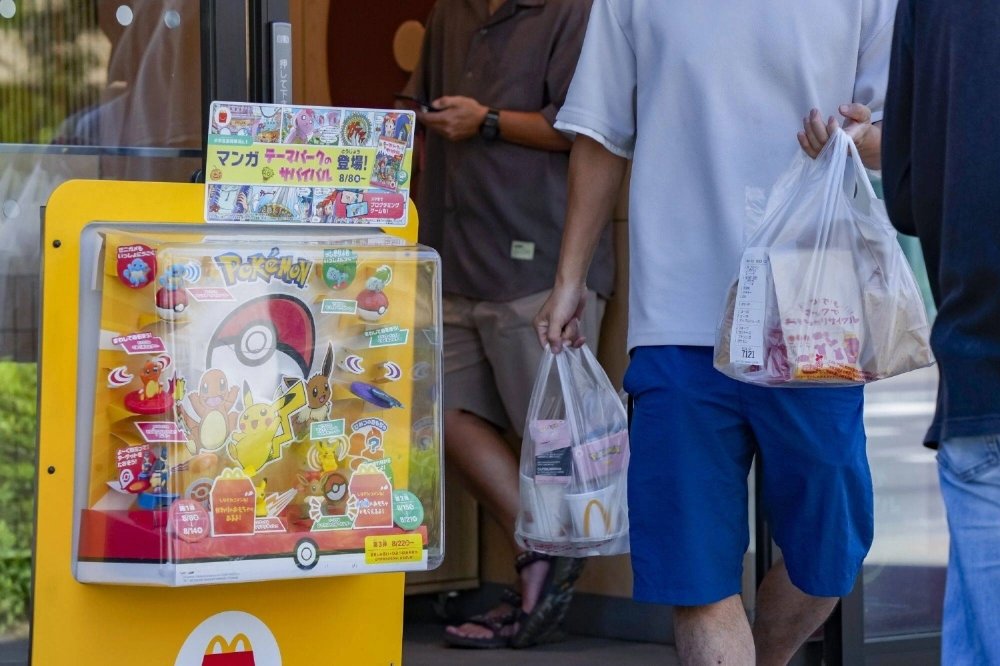In Japan, they don’t call it a Happy Meal. The McDonald’s option with a toy thrown in is known as a Happy Set. But that’s where the differences end: Kids and adults on both sides of the Pacific love them — though sometimes for the wrong reasons.
McDonald’s Holdings Japan, which operates the Golden Arches in its third-largest market, is finding this out to its peril. After a "Pokemon" trading card promotion went disastrously wrong, it’s been rebuked by the Consumer Affairs Agency and is rethinking future campaigns.
The promotion seemed innocuous enough, offering two cards with every meal, one fixed and one random. But stores were inundated with scalpers seeking to flip cards online — and social media flooded with photos of dumped, uneaten meals. Children were left in tears when the restaurants ran out.


















With your current subscription plan you can comment on stories. However, before writing your first comment, please create a display name in the Profile section of your subscriber account page.